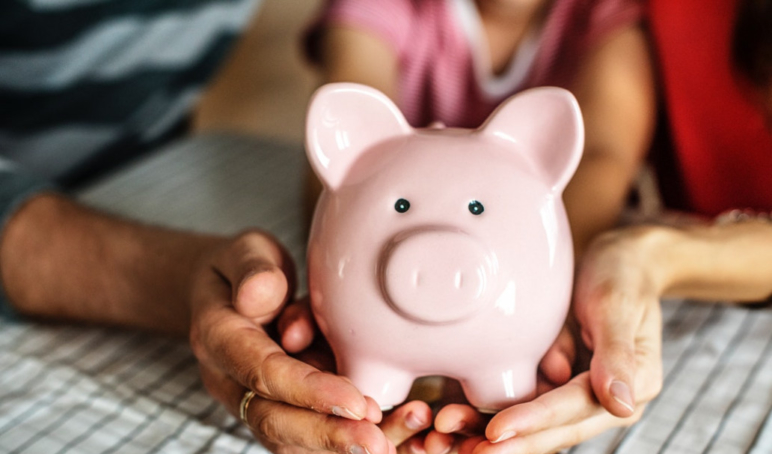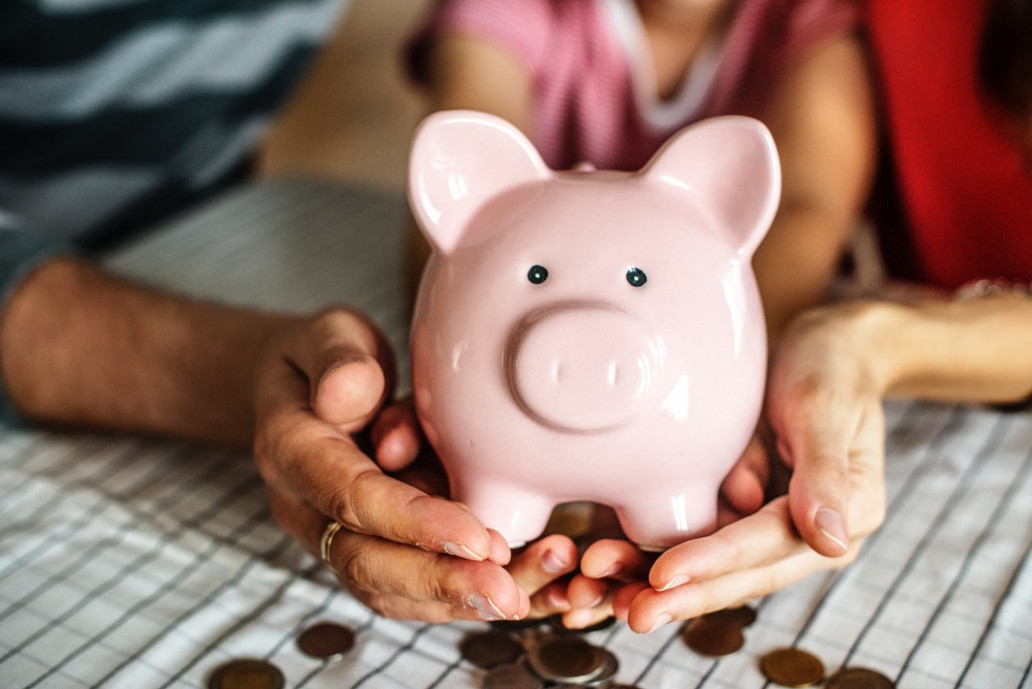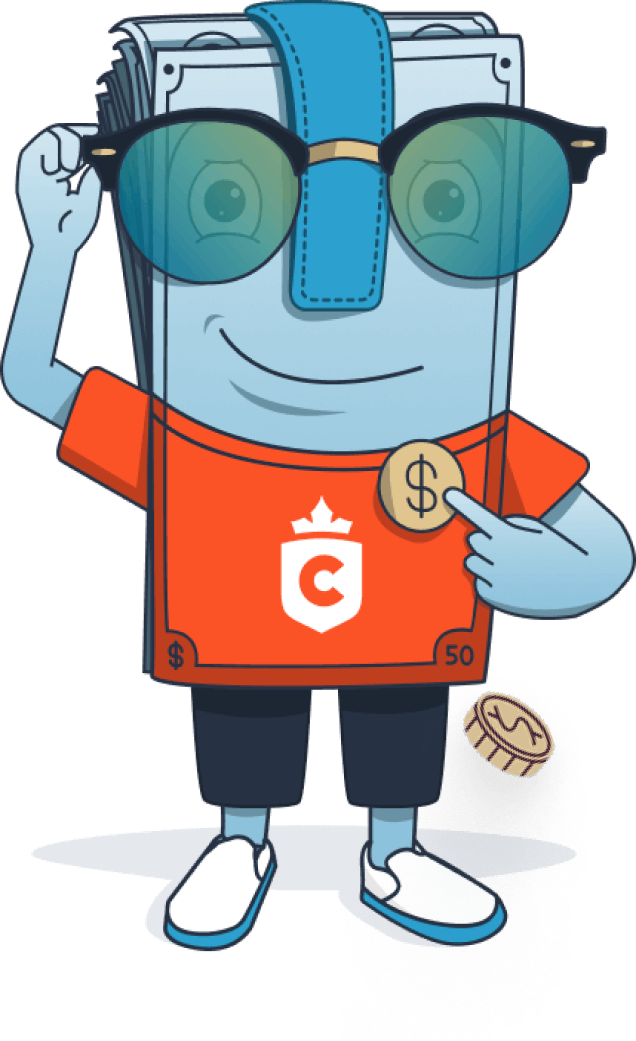

We’ve all experienced a financial emergency before. Unfortunately, with 1 in 3 Canadians living paycheque to paycheque, savings are often put on the back burner.
Well, that leaves many of us unprepared. However, there are ways to prepare for emergencies before they happen, and it starts with building a fund for them.
So, what is an emergency fund, and how can I start one? We’re glad you asked. Read on to learn more.
What Is an Emergency Fund?
An emergency fund is exactly what it sounds like: a fund for emergencies. It’s money that we keep aside, separate from our typical finances, in case we need it.
However, it should be separate from your typical savings account for a few key reasons. We work extremely hard to save money. We don’t want setbacks on our big moves in life like buying a house, buying a new car, or retiring.
Watching your savings deplete can kill your savings morale. Here are some other reasons why they’re so important.
Why Are Emergency Funds So Important?
The first thing to know about emergency funds is that emergencies happen. It’s as simple as that. The chances of going through your life without an unexpected financial emergency are as close to zero as you can get.
These emergencies don’t have to involve evacuations or hospitals. It could be something as simple as filling out your tax form incorrectly and owing a large sum.
Essentially, it’s important to be prepared when those emergencies do occur. The last thing you want is for an emergency to come and allow it to destroy your financial health. Unfortunately, this happens all the time.
Currently, around 40% of Canadians say they cannot handle unexpected expenses. If the time comes and you have to pay the emergency bill, you may have to pay 20% to 25% more just by paying it down for one year. In this case, saving money directly saves you money.
If that doesn’t sound too bad, imagine if the emergency cost more than your available credit limit. Emergencies don’t wait until you’re in a better financial position. You may already have existing debts, lower income, or other challenges.
Also, keeping a balance of over 50% on your credit cards is not only dangerous but will directly affect your credit score. If that balance stays over that limit for several months, the damage could last for a long time. If you currently have a higher balance, it’s best to pay that off as soon as possible in case of a financial emergency.
We aren’t trying to alarm you or make you anxious about the future. Instead, use this as a reminder of why saving for an emergency fund ahead of time is so important. It could save a lot of hardships later on.
How to Build an Emergency Fund
First, you’ll need to start by establishing the actual fund. It doesn’t matter if you want to use a savings account, cash, or whatever you want. Just make sure that it’s quickly accessible when you need it.
Of course, a savings account will yield some interest and help you grow your fund, but you may find it more challenging to withdraw the funds when you need them. The problem with cash is the risk of theft, fires, and other types of physical damage. Either way, know the risks and establish a clear place to store your emergency funds.
Determine How Much
Determine how much you plan to put into your emergency fund and how often. Would you rather make a larger deposit once a month or smaller, more frequent deposits?
Ideally, you should kickstart your emergency fund with as much as possible. You can dip a little into your checking or savings account or even take out a low-interest personal loan that you know you can pay back.
Even if you only plan on putting $5 to $20 a week in the fund, consider starting with $400 or more if you can afford it. This way, you’ll have enough to help offset any emergency costs, and you’ll have a solid starting point to grow from.
Everybody’s financial situation is different, so we can’t tell you the number you need. However, as a general rule of thumb, the more assets you have, the more liabilities you have. This also applies to members of the household.
Let’s say you have 3 children, a spouse, 2 cars, and a house. In this case, there’s a lot that can go wrong. You may have no problem paying out of pocket for routine maintenance on your car, but if something big comes up and a child needs an unexpected dental procedure at the same time (knock on wood), this could cost thousands of dollars.
The more you save, the better off you’ll be when the time comes. We recommend breaking it up into timeframes. Try having a minimum amount to save within the next six months (or whenever) and an ideal savings goal.
Determine the Means
From there, we should determine how we want to build this fund. For example, you can have the money automatically taken out of your paycheck and direct deposited into your emergency fund.
Alternatively, you can save up any cash you receive from tips at work, odd jobs, or whatever you want. You could also try rounding up to the nearest dollar on purchases using apps like Moka. There’s no shortage of options, so just choose what works best for you, as long as you stick with it!
Do the math ahead of time and make sure you’re depositing enough. Adding $5 once a week is fine, as long as you understand that it will add up to $260 after a full year.
Also, if you currently struggle to save, then you may need to take a look at your budget or find a way to increase your income. Start a side hustle, ask for a raise, or forego some unnecessary expenses in your budget.
No matter what you choose, just remember to stay consistent. If you’re worried about consistency, using automation is the best solution. However, if you know you’ll be consistent, feel free to use manual means.
Save Unexpected Income
We all receive unexpected income from time to time. Whether we do an odd job or get a random refund in the mail, this is exactly the type of money to put away. You didn’t plan on spending it before you saw it, so save it for when you need it.
Gradually Increase Savings
Building an emergency fund takes time, so plan ahead for that. Start with as much as possible and always focus on growth. There should never be a “cap” to your emergency fund, but rather new periodic goals that only increase.
Over time, it’s very helpful to add a little more. Once you’re consistent and comfortable with your savings habits, start putting a few extra dollars into your fund every couple of months. This will compound and increase your savings substantially.
If it doesn’t go to use, that’s fantastic! That means you’ll spend the rest of your life more prepared than ever for an emergency, no matter the cost. Don’t think of it as a waste because it simply isn’t.
Don’t Spend Unless You Need To
If the fund is for emergencies, save it for emergencies. If your car breaks down and you have enough money in your checking account to cover the cost of repairs, use it. Don’t use it as an excuse to dip into your emergency fund if you don’t have to.
Emergency funds are also not vacation funds. This is an easy trap to fall into. “I saved all of this money over the course of a year, and nothing happened, so I may as well have fun.”
If you want to plan for vacations, then have a vacation fund and put money into it along with your emergency fund. However, if you have to question the legitimacy of your spending, then you should probably pay out of pocket. You will know when you need the emergency fund.
Stay Prepared
Now that we’ve answered the question, “what is an emergency fund?”, put these tips to use as soon as possible and start saving. If you look back in two years and didn’t have an emergency, at least you can look forward and feel confident and prepared for whatever life throws at you!
Keep reading our blog for our latest financial tips, and don’t hesitate to contact us with any questions or for help with your financial strategy!





